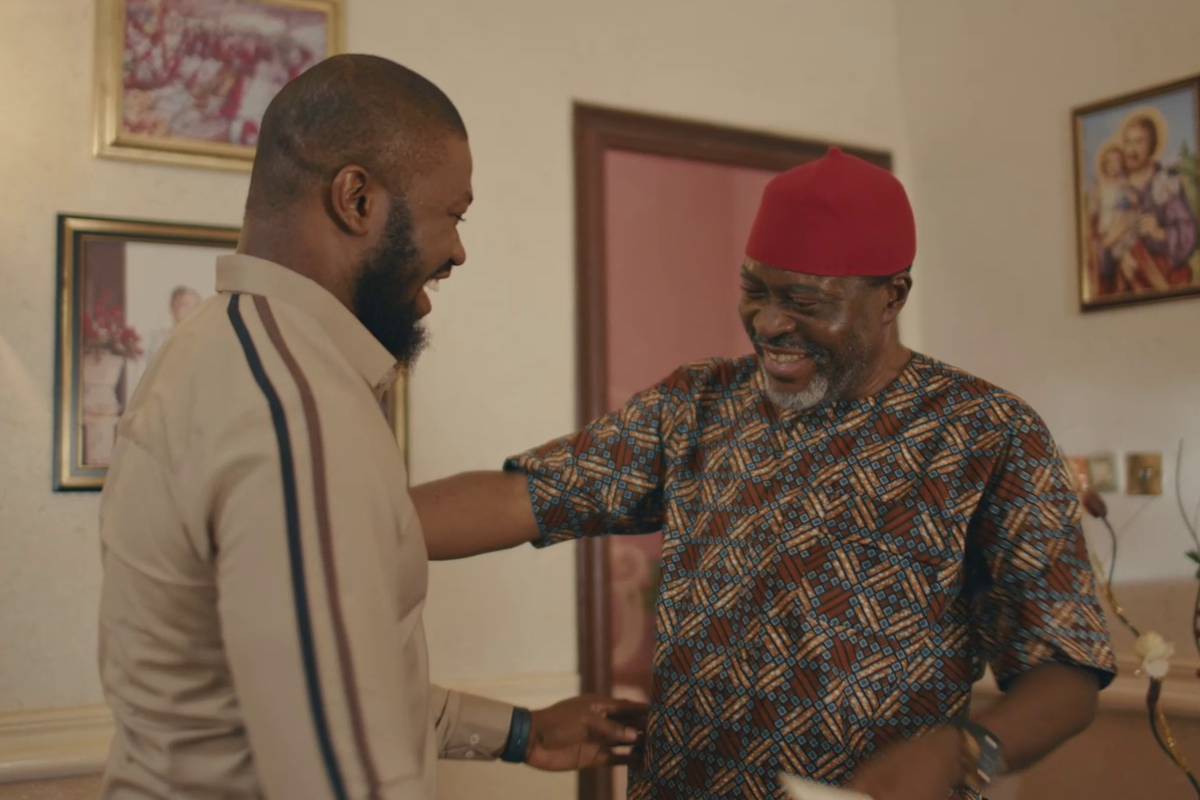
‘Áfàméfùnà: An Nwa Boi Story’ tells the story of the Igbo apprenticeship system.
Photo courtesy of Netflix.
SEARCH

‘Áfàméfùnà: An Nwa Boi Story’ tells the story of the Igbo apprenticeship system.
Áfàméfùnà: An Nwa Boi Story and Freemen have contextualized a system that’s been described by Harvard Business Review as, “a Nigerian model for stakeholder capitalism.”